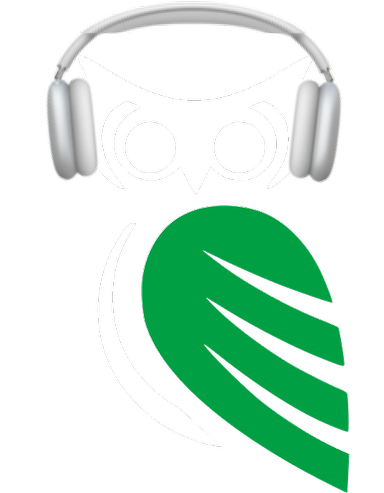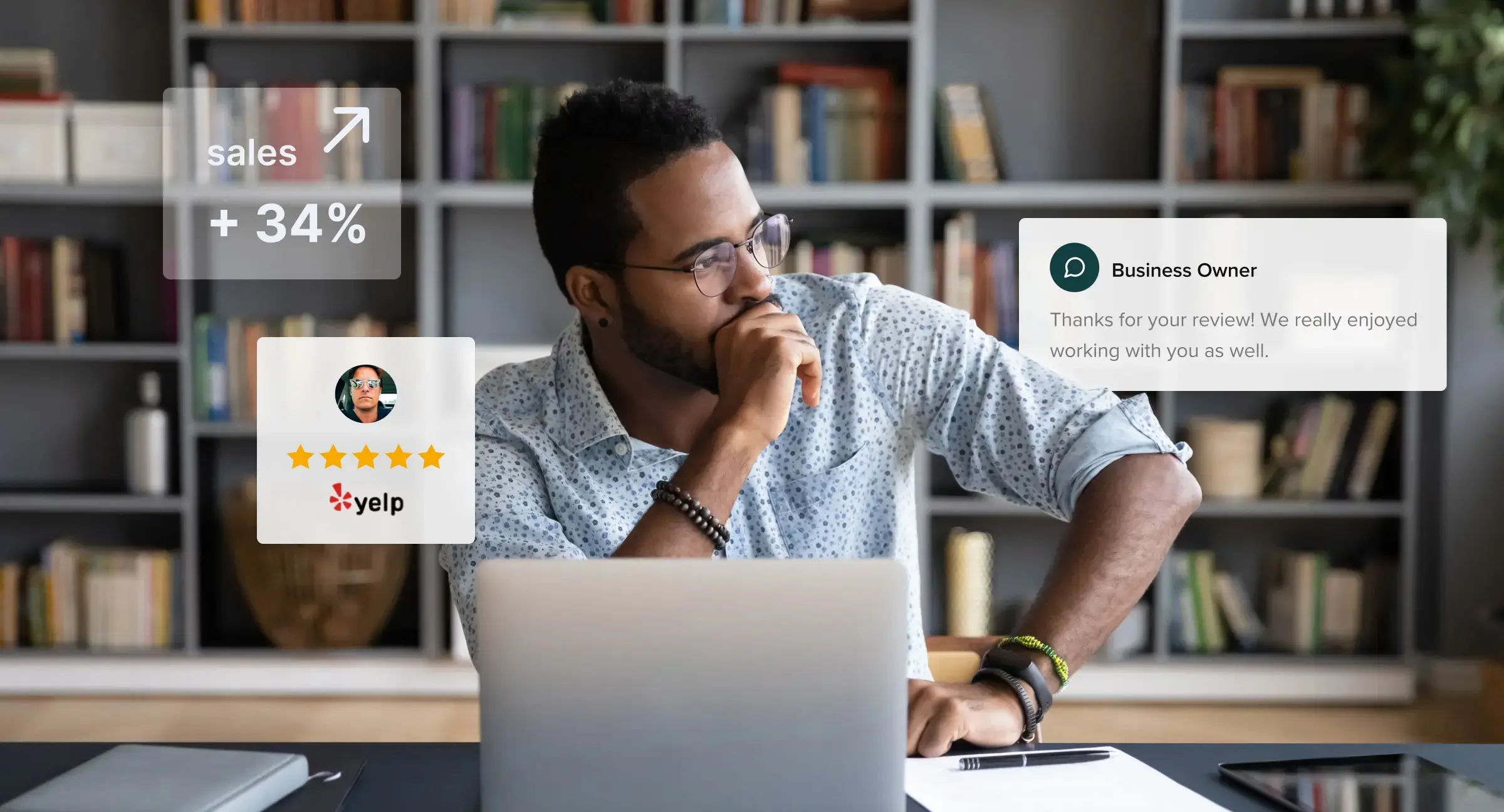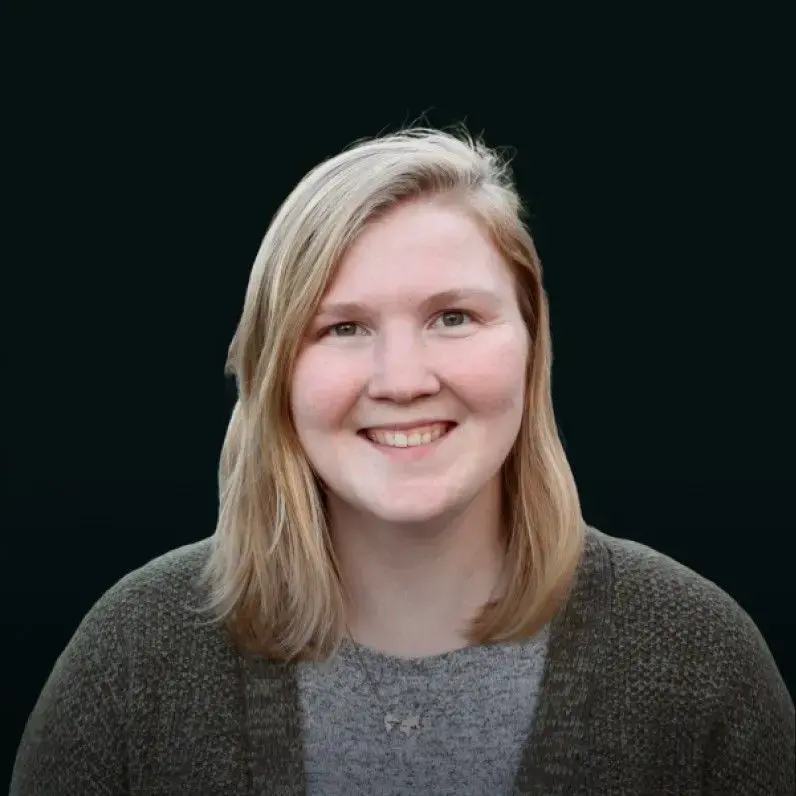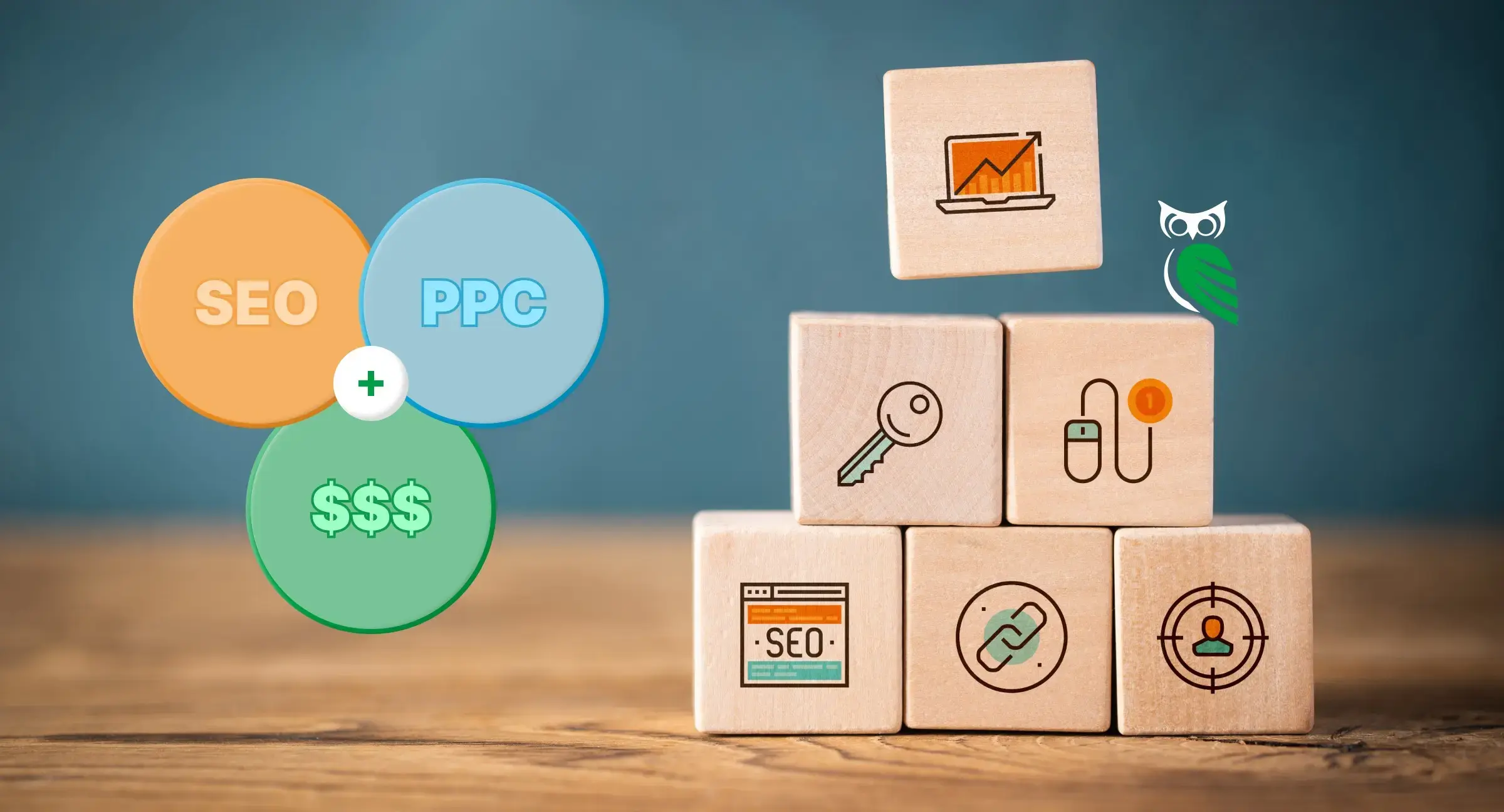It's Time to Get WISE.
Patrick Dillon
CEO
Matthew Hinkle
Director of Accounts
Apply Today
Please fill out the information below. Someone on our team will reach out in 3-5 business days to schedule a call if we see a good fit.
Book Patrick Dillon
Thanks for your interest in booking WISE CEO Patrick Dillon on your podcast! Please complete the form below, and a team member will contact you shortly.

Remove Negative Reviews.

You have a product or service, and you're looking to market it online. Smart move!
But how do you get started? What important questions should you first answer? Are there certain platforms you should target? All questions we'll answer here in our comprehensive pay-per-click (PPC) campaign guide.
Step 1: Determine the Type of Advertising You Want
There are two main advertising types: traditional and digital.
Traditional aims to build brand recognition across a wide audience. Think of your radio spots, billboards, and direct mail; those are all traditional marketing efforts. Generally speaking, traditional advertising can benefit newer businesses looking to market their business in general, not a specific product.
Digital marketing, on the other hand, only exists online. Examples include video ads, social media posts, and email. Digital advertising, particularly PPC, allows for precise targeting of an ideal audience, making it the smart advertising choice for those looking to market a good or service.
Check out our YouTube video for a more in-depth review of traditional and digital marketing.
Knowing which type of advertising you're looking for helps refine your marketing agency search right from the start. For example, here at WISE, we're a digital marketing agency; we don't assist clients looking for traditional advertising, as our expertise is online.
Step 2: Answer These 5 Key Questions
1. What Specific Products or Services Do You Want to Market?
If you offer 20 products or 10 different services, that's great, but trying to market all of them at once is a recipe for disaster. Messaging can get muddled, and your customer may not be sure of what action to take—resulting in no action.
Select one or two goods or services with which you'd like to kick off your PPC efforts. A focused campaign is an easy to optimize one. You can always develop more campaigns down the road, and by that time, you'll have insights as to what works or doesn't for your business and industry.
2. What's the Marketing Goal?
Sure, the goal is to market the product. But how do you know when you've achieved that goal? When will you stop? When will you switch tactics, if ever?
Here at WISE, we develop SMART PPC goals for the businesses we partner with.
- Specific
- Measurable
- Achievable
- Relevant
- Time-bound
Whether the ultimate goal is to generate leads, boost sales, or drive website traffic, putting your goal into a SMART format helps track progress, measure the campaign's success, and optimize as needed.
3. Who, and Where, Is Your Target Audience?
The interests, demographics, behaviors, pain points, and physical location of your target audience inform the messaging and keywords for your campaign. A PPC secret? Start small; start local. Trying to cast a wide net across an entire state is not only expensive, but it's typically ineffective.
By knowing exactly who and where your target audience is, the PPC expert you're working with can better craft compelling, action-inspiring copy, reaching the right audience at the right time.
4. Are You Prepared to Stick With It?
When you choose paid media, you're choosing the long game. If you're expecting to see results within two weeks, PPC isn't for you.
Here's a quick look at what a general PPC process looks like for a WISE client:
- Month 1: Goal establishment, campaign setup, launch
- Month 2: Comprehensive data review
- Months 3-6: Optimize, test, refine
Developing a consistent, steady stream of leads takes time, but the resulting business growth is worth it.
5. What's Your Monthly Budget?
It's important to be realistic about any aspect of digital marketing, but it's especially important when it comes to your paid media budget. For a local business to get started with PPC, we recommend a starting budget of at least $2,000 per month. For regional or national businesses, we recommend at least $5,000 per month.
Those amounts are typically the minimum needed for appropriate geographic coverage and data. It's important to note that you can always adjust your budget as your campaign's performance is monitored and optimized.
Step 3: Focus on Where You'll Funnel Traffic
By the time you reach step 3, you've already put in quite a bit of work and thought. The last thing you want to do is waste all that effort by funneling traffic to any old page.
If you want to direct traffic to an existing website, what condition is it in? Is there information about the product or service you're advertising? Is the messaging consistent and clear? Have you implemented an SEO strategy?
If you'd rather direct your traffic to a landing page specifically developed to support your PPC campaign, who will create that page?
To show just how important it is to choose the right place to send your customers to, let's look at two WISE examples.
Example 1
Farm Fresh Meals had a new commercial kitchen for their meal prep business but found they weren’t utilizing it as often as they thought. Instead of letting it sit empty for the majority of each month, they decided to rent it out to other businesses in the area. They turned to WISE to help accomplish this goal.
Because the commercial kitchen was a new endeavor, Farm Fresh Meals didn’t have any website copy for it. Our experts determined the most strategic course of action would be to create a dedicated landing page that allowed potential renters to learn more about the space.
The resulting page we crafted for Farm Fresh Meals had an impressive click-through rate of 16.5% and a low $2.50 cost-per-click average; industry averages are 4-6% and $6.40, respectively.

Example 2
Eagle Home Financial wanted to start paid media campaigns after we built a brand new website for them. Their website was now fast, SEO-friendly, and compelling, with a dedicated landing page for the product they wanted to focus on: refinancing.
However, website copy and landing page copy serve different purposes. Website pages are often meant to not only convert but educate and provide background on the company itself, which may be more information than someone clicking on an ad is looking for.
Additionally, this client didn't just want to showcase their refinancing service; they wanted to take it a step further by promoting cash-out refinancing, for which they did not have a dedicated website page. That's why we ultimately created a dedicated landing page for their PPC campaign.
In just one month and on a limited budget, the landing page we created for Eagle Home Financial secured over 40 leads and drove more than 80% of all website traffic.

Bonus Insights: PPC Pitfalls
Since 2019, we've been helping clients dominate the digital and PPC landscape. In that time, we've seen many businesses fall into common PPC traps and make costly mistakes.
To help set you up for success, here are the common PPC mistakes we see time and time again:
- Treating PPC and paid media as a standalone effort. This type of advertising should be a component of a comprehensive digital marketing strategy that includes areas like search engine optimization and content marketing. The best way to maximize the impact of your PPC efforts is with a cohesive, integrated approach.
- Advertising on ALL the platforms. There are quite a few platforms where you can display ads, including LinkedIn, Facebook, Google, and Microsoft. Each platform has its own strengths and caters to a specific type of audience. Instead of trying to manage ads across a variety of platforms, start by focusing on the ones your target audience spends their time on.
- Overlooking historical data. Have you ever run ads before? Even if an attempt wasn't successful, it's likely to provide useful starting data. Never underestimate the power of analytics!
Get WISE About PPC
Whether you're well-versed in the world of pay-per-click or are new to paid media, our WISE specialists can help you achieve your SMART goals.
There are three ways to get started: connect with WISE Founder and CEO Patrick Dillon for a paid strategy session, schedule a complimentary 15-minute call to see if we're a good fit for you, or click the green button in the upper right-hand corner of your screen to request a proposal. No matter how you connect with us, we look forward to learning more about your business and PPC goals!
Share
Subscribe to WISE Insights
Stay ahead of the digital marketing curve and never miss a lucrative trend or insightful tidbit – subscribe to our WISE blog!
Keep Reading
Build. Grow. Soar.
Get WISE about digital marketing with advanced services, industry experts, and cutting-edge tools designed for long-term, sustainable growth.









